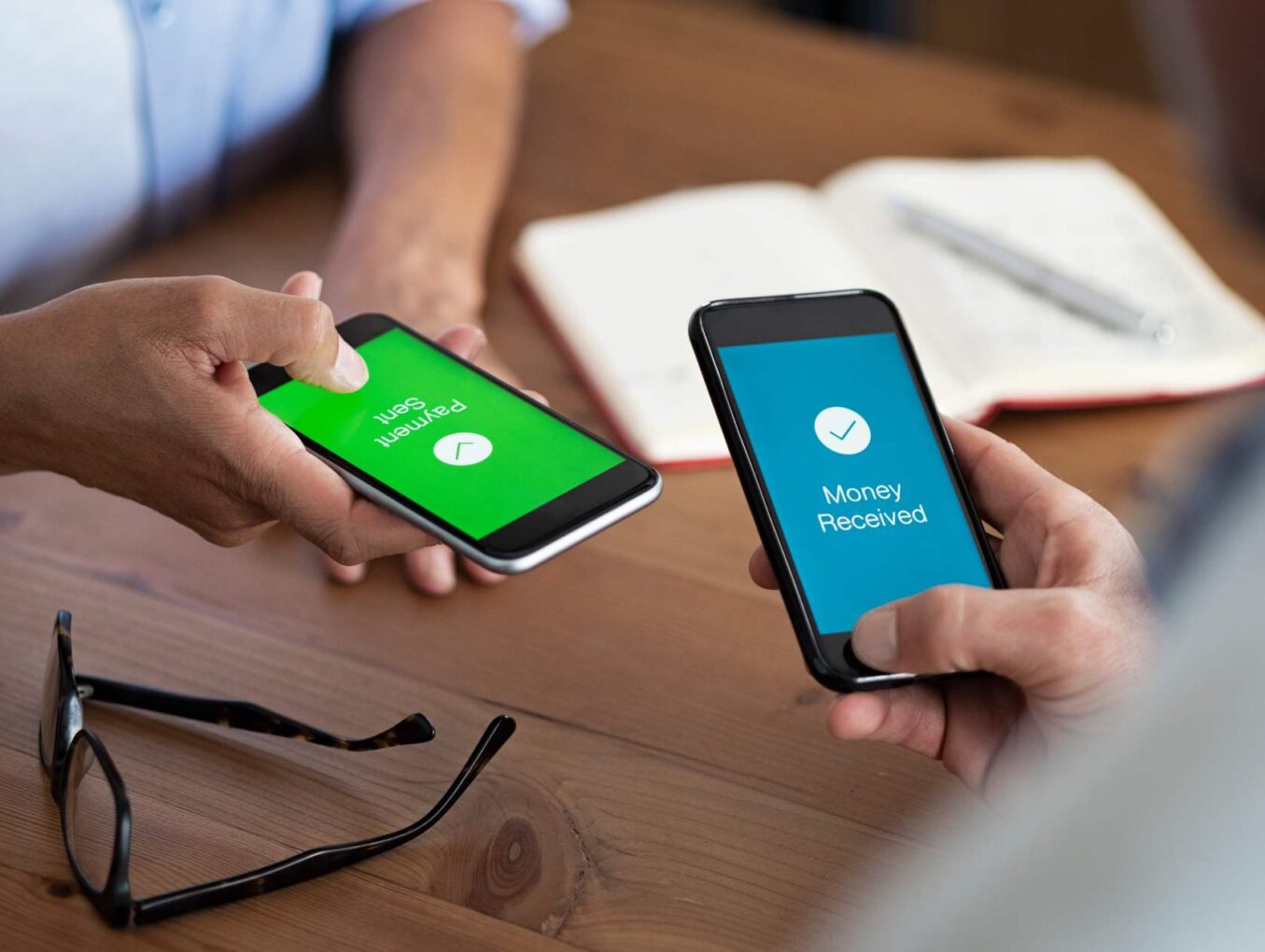What Is the IRS 600 Dollar Rule?
Prior to 2021, people earning money from side gigs did not have to report this income unless they made more than $20,000 in one year or received over 200 transactions/payments.
For example, if someone freelanced as a website designer in 2020 and was paid via PayPal or Venmo, they didn’t have to file taxes on income less than $20,000 as long as they received fewer than 200 payments.
Under new IRS rules regarding side gig work, freelancers or contract workers making over $600 per year, regardless of the number of transactions posted on their third-party payment platform, should receive a 1099-K form and report that income to the IRS.
The new $600 IRS rule is part of the American Rescue Plan of 2021.
When Does the IRS $600 Rule Begin?
Originally scheduled to impact earnings made in 2022, the $600 rule was delayed due to administrative problems regarding the issuance of 1099-Ks. The IRS also wanted to delay the start of the $600 tax rule in order to give people more time to familiarize themselves with what to expect from new tax guidelines.
Currently, the IRS expects the 600 dollar rule to take effect beginning January 1, 2024. Income earned by gig workers during 2023 will be subject to the $600 tax rule.
What Types of Payments are Subject to the New $600 IRS Rule?
Payments received by gig workers, contract workers, and freelancers through a third-party payment platform in return for completing a task are subject to the $600 rule.
Third-party payment platforms include:
- PayPal
- Venmo
- CashApp
- Stripe
- Square
- Helcim
Keep in mind that the owner of a third-party payment platform account must receive over $600 in one year in that account before they have to submit a tax form to the IRS.
What are the Exceptions to the IRS 600 Dollar Rule?
At this time, there are only three exceptions to the $600 rule:
- You didn’t earn more than $600 for the year from performing freelance/gig work.
- You did freelance/gig work but did not collect payments from customers or clients using a third-party payment platform.
- You have a freelance/gig work business and didn’t make a profit.
Money sent by family members or friends that do not involve payments for services or goods is also exempt from the $600 IRS rule. The IRS recommends that people using third-party payment platforms make sure that personal payments are clearly marked on their payment app transactions.
How Does the IRS $600 Rule Impact Businesses and Individuals?
Businesses that rely on gig workers and freelancers will have to mail a 1099-K to all individuals they paid more than $600 in return for services or products. Companies may also offer a digital copy of a completed 1099-K in addition to a 1099 NEC (non-employee compensation) and/or a 1099-MISC.
Some people may need to use the 1099-MISC form if they made at least $5,000 from direct sales of products to buyers for the purpose of resale.
How Do You Report Payments Over $600 to the IRS?
On the 1099-K form, Box 1a contains the “gross amount of payment card/third-party network transactions.” Box 3 contains the number of payment transactions the person received over one year. The federal income tax box will be blank or show “0.”
If you only worked as a gig worker/freelancer, then you must file a tax return for the gross amount found in Box 1a on the 1099-K form. If you have two different types of income for the year — freelance/gig work and W-2 income — you will have to add both incomes together and report that income.
What are the Penalties for not Complying with the IRS 600 Dollar Rule?
The same penalties handed down by the IRS for not reporting income accurately or failing to file taxes are applied to noncompliance with the $600 rule. If you do not report gig/freelancer income exceeding $600 and owe taxes, you will receive a notice from the IRS demanding payment.
Need more help? You can start online by answering 6 simple questions. We never charge for ‘investigations’ or consultations. You can also call us at 866-568-4593.
6 Simple Questions. Free Evaluation.
Join our Newsletter
Enter your email address to join our free newsletter. Get all the latest news and updates.

